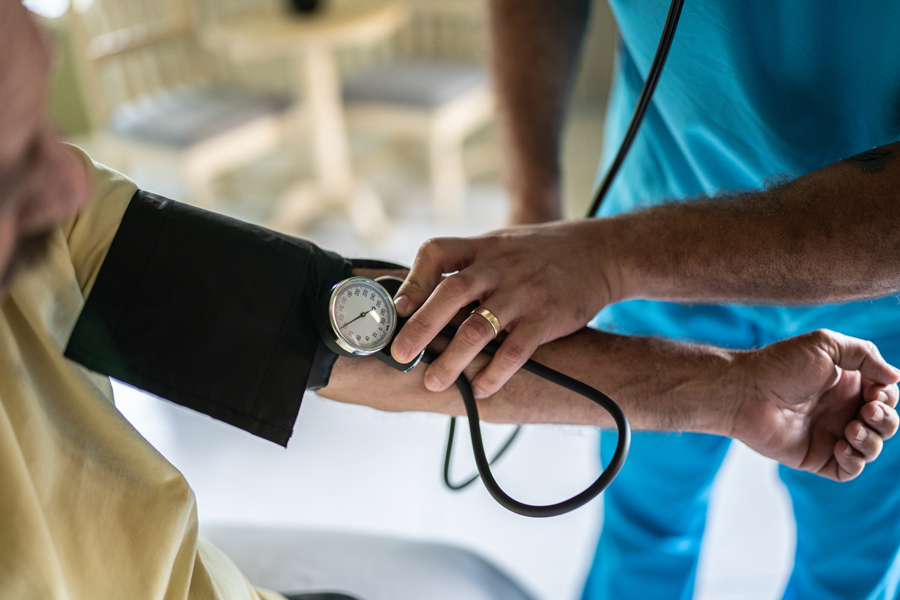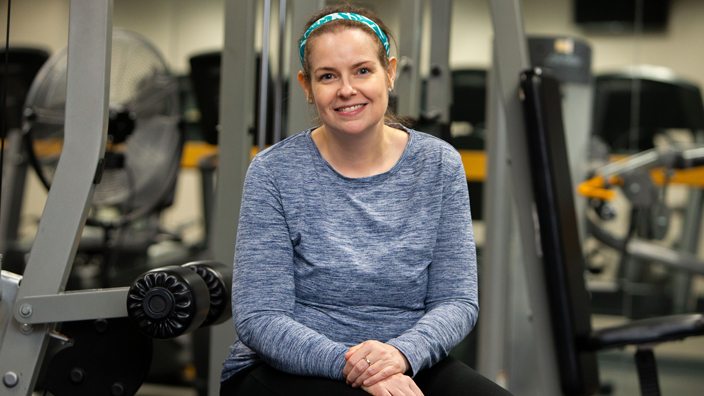The USPS Benefits and Wellness team wants employees to know about atrial fibrillation, the most common type of heart arrhythmia.
It is caused by an irregular heartbeat in the upper chambers of the heart, also known as the atria. This does not allow blood to flow adequately to the lower chambers, or the ventricles.
When atrial fibrillation occurs, the upper and lower chambers do not work together as they should. The lower chambers do not pump enough blood to the lungs and body, and sometimes cause the heart to beat much faster than normal.
The condition increases the risk of stroke because blood may pool in the heart and clots can form. According to the Centers for Disease Control and Prevention, about 1 in 7 strokes are caused by atrial fibrillation.
Your risk can increase with age. Health conditions such as high blood pressure, heart disease, diabetes, obesity, thyroid problems, moderate to heavy alcohol consumption, smoking and chronic kidney disease also raise your risk.
People with atrial fibrillation may experience one or more of the following symptoms:
• Irregular heartbeat;
• Heart palpitations;
• Lightheadedness;
• Extreme fatigue;
• Shortness of breath; and
• Chest pain.
Anyone experiencing these symptoms should consult a doctor.
The Centers for Disease Control and Prevention website has more information on the condition.



